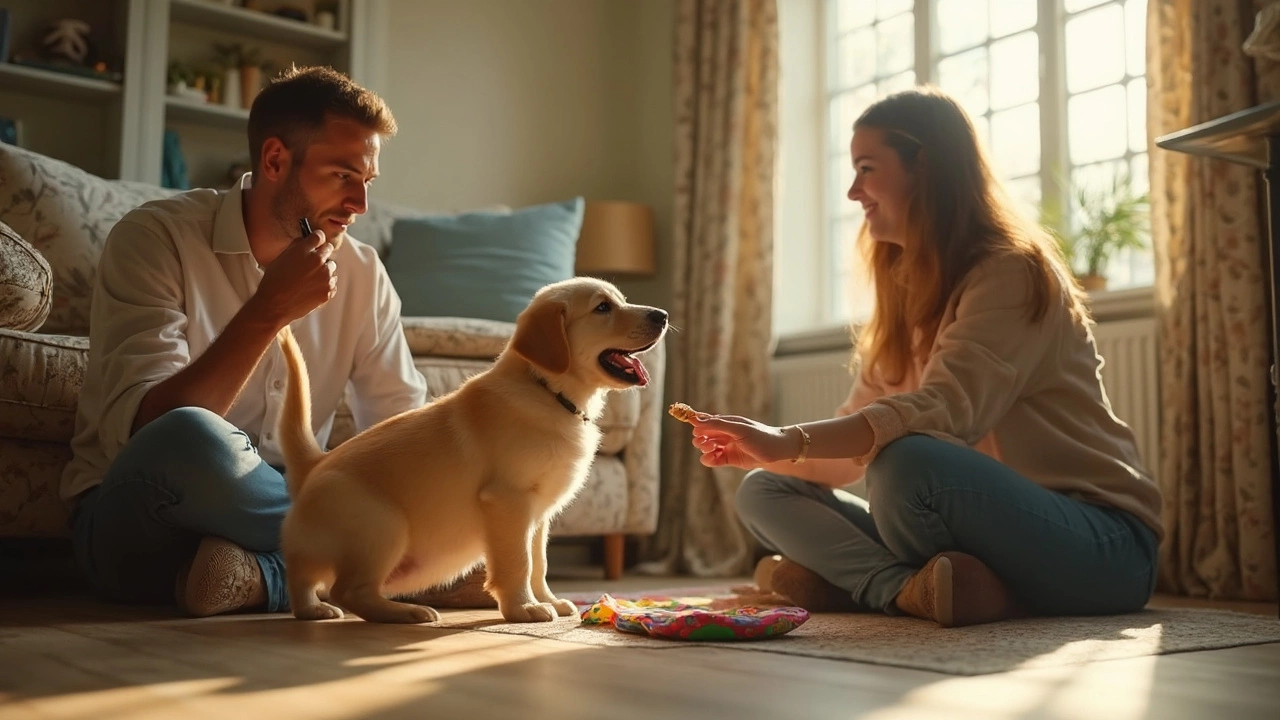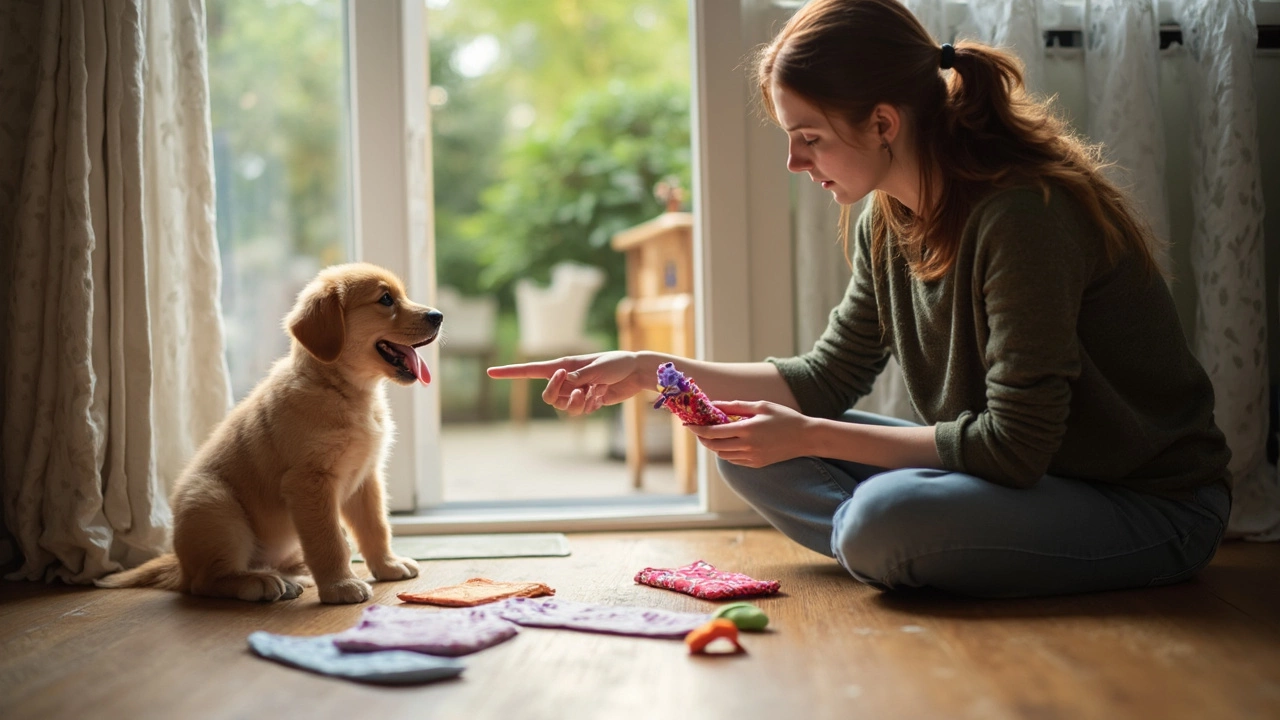Puppy Tips and Quick Guides for New Owners
Got a new pup and feeling a bit lost? You’re not alone. Puppies need a lot of attention, but the right habits start early. Below are the most useful pointers you can put into action today.
Training Basics
First things first – start training as soon as you bring the pup home. Short, consistent sessions work best. Aim for five minutes a few times a day. Teach the “sit” and “come” commands using a treat as a reward. Keep the tone upbeat; puppies respond to positive vibes more than harsh corrections.
Crate training is another cornerstone. Choose a crate just big enough for the puppy to stand, turn, and lie down. Put a comfy blanket inside and leave the door open at first. Let the pup explore on its own, then gradually close the door for a minute while you’re nearby. Increase the time slowly until the crate feels like a safe den.
Potty training can be stressful, but a routine makes it easier. Take the puppy out first thing in the morning, after meals, after play, and before bedtime. Use the same spot each time so the scent guides them. When they go outside, praise them loudly and give a treat. Accident inside? Clean it up quickly with an enzymatic cleaner to erase the scent.
Health & Nutrition
Feeding your puppy right sets the stage for a healthy life. Choose a high‑quality puppy food that meets AAFCO standards. Follow the feeding guide on the bag, but watch your pup’s weight – they should feel warm and firm, not skinny or plump.
Stay on top of vaccinations. The core shots include distemper, parvovirus, and rabies. Talk to your vet about a schedule that matches your pup’s age and breed. A simple vaccine chart can keep you organized.
Regular vet checks aren’t just for sick dogs. A yearly exam catches hidden issues early, and you can discuss deworming, flea control, and dental care. Speaking of teeth, give chew toys designed for teething puppies. They soothe sore gums and keep the bite off your furniture.
Socialization is as important as any training drill. Introduce the puppy to different people, sounds, and environments while they’re still young. Short, positive experiences build confidence. If a new situation scares them, stay calm and let them retreat to a safe spot before trying again.
Lastly, remember that puppies need plenty of play and rest. A tired pup is a well‑behaved pup. Mix short walks with indoor games like fetch or tug. Always end the day with a calm routine – a quiet cuddle, a gentle brush, and a final bathroom break before bedtime.
Following these simple steps will turn a chaotic puppy phase into a smooth ride. Keep the guidance consistent, celebrate small wins, and enjoy the growing bond with your new four‑legged friend.
Puppy Pee Problems: How to Handle Accidents in the House
Punishing a puppy for peeing in the house can backfire and set back their training. This article covers better ways to react to accidents and how to teach your pup where to go. Find out how puppy toys and play can help with training, why timing is everything, and common mistakes owners make. Packed with practical tips and real-life examples, this guide helps you raise a happy, well-behaved puppy.
How to Potty Train a Puppy: Simple Steps for Stress-Free Results
Struggling to potty train your puppy? Here’s a straight-forward guide packed with realistic tips, fun tricks, and practical advice to help you speed up the process. Discover why the right puppy toys can make training easier, and learn how to tackle accidents without stress. This article covers timing, supervision, rewards, and more. Potty training doesn’t have to be overwhelming—get ready for cleaner floors and a happier pup.

